How is this possible?
Despite most of the world agreeing to outlaw modern-day slavery, laws that are inadequate or poorly enforced still leave many people vulnerable to trafficking. By studying the gaps in laws and policies around the world, we can begin to pinpoint the changes necessary to end human trafficking.
The global move toward abolishing slavery
In 2000, the United Nations convened to create the Protocol to Prevent, Suppress and Punish Trafficking in Persons, a protocol that 182 countries have, at the time of this writing, agreed to be legally bound to. This treaty provided an internationally recognized definition of human trafficking—critical for identifying victims—and insisted that any country that ratified the treaty must criminalize human trafficking and develop laws against it.
According to the Global Slavery Index (GSI), the U.K. is ranked number one for their government response against human trafficking, and the U.S., Australia, the Netherlands, and Portugal all tie for second place. Countries with the lowest government response ratings include North Korea, Eritrea, Iran, and Libya.

The U.S. also created the Trafficking Victims Protection Act in 2000 (TVPA), which has since been reauthorized in following years. Washington state became the first state to implement anti-trafficking laws in 2003.
The struggle in the U.S. against human trafficking
Although anti-trafficking laws first went into effect over 20 years ago, there are still an estimated 1.1 million people living in modern-day slavery in the U.S., according to the GSI.
The U.S. has taken the most action out of any other country to identify and support human trafficking survivors. However, several other areas continue to cause setbacks in the fight against trafficking:
PRISON LABOR: The U.S. Constitution allows for state-imposed forced labor in prisons, which is especially problematic when it affects pre-trial detainees and prisoners in private-owned prisons.- Prisoners lack basic workers’ rights that would protect them from abuse on the job.
- They are not always trained to use dangerous equipment, resulting in job-related injuries and deaths.
- They are paid little to nothing and face steep punishments for refusing—solitary confinement, loss of family visitation, or reduced opportunities for release.
- “Some prisoners work on the same plantation soil where slaves harvested cotton, tobacco and sugarcane more than 150 years ago,” the AP reported.
- Unaccompanied migrant children are at disproportionate risk of labor trafficking through dishonest sponsors.
- Guest worker programs, which offer temporary work visas through the employer, leave adult migrants vulnerable to exploitation through high dependence on their employer.
CHILD MARRIAGE: A type of forced marriage, child marriage continues to be legal in the U.S.
- One study found that nearly 300,000 children were legally married in the U.S. between 2000–2018, mostly girls married to older men. Although the vast majority of that number were 16 and 17 year olds, nearly 10,000 were under the age of 16—the youngest only 10 years old.
- Since this study was completed, several states amended their laws to raise the minimum age of marriage, but four states currently still have no minimum age requirement to marry: California, New Mexico, Oklahoma and Mississippi.
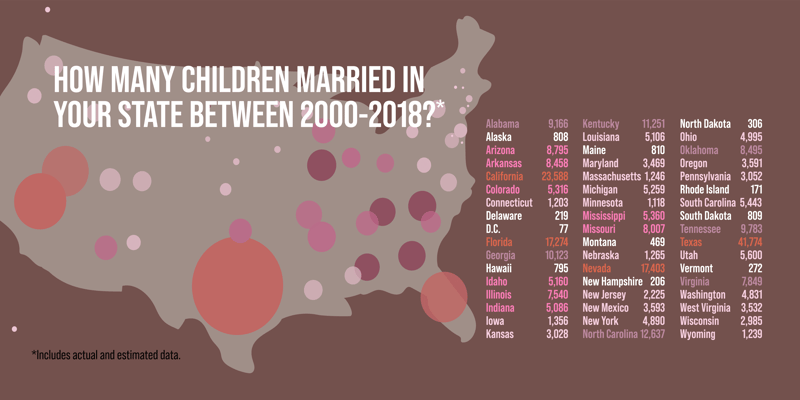
SURVIVOR CRIMINAL RECORDS: Many people subjected to modern-day slavery are forced to commit crimes while they are enslaved. Upon receiving freedom, these records can hinder survivors from getting jobs and housing as well as from furthering their education.
- The TVPA recognizes that survivors should not be criminalized for crimes committed while in modern slavery, but there are still many states that do not offer this protection.
- Some states do have protections in place to erase these types of records, but may impose a heavy fine in order to access that protection. This can cause a cycle where the criminal record prevents the survivor from earning enough money to pay the fine needed in order to have the criminal record removed. Additionally, this issue can place survivors at greater vulnerability of being trafficked again.
Gaps in laws (both globally and in the U.S.)
Despite most countries having laws against human trafficking, some countries still lack comprehensive laws, criminalizing only some types of trafficking and not others. For example, a country might criminalize child sex trafficking, but completely ignore adults suffering in labor trafficking.
For countries that do have comprehensive laws, there are still issues with reporting. The National Institute of Justice (NIJ) found that lack of law enforcement training, delayed identification of victims, and misclassifying offenses contribute to the underreported nature of human trafficking crimes in the U.S. For example, many sex trafficking victims are wrongly classified under a prostitution offense.
Abroad, trafficking crimes are especially underreported in cultures where being a victim could bring shame to a person’s family. Particularly for poor families, having any kind of dishonor placed on them can put the family at an even greater disadvantage in their village or community. A lack of victim support services leaves the person vulnerable to being trafficked again.
"Our team advised the mother to file a case against the boy, but she refused to do so. She said they were very poor, and if they filed a case against someone from their village, it would create a lot of problems for Hanipa*..." ––Report from LJI staff
Some countries simply lack the funding to effectively combat trafficking, ranging from training enough personnel, gathering data, and implementing various programs and measures that can help prevent trafficking. Corruption further hinders justice as there are many reports of law enforcement setting a trafficker free for a bribe.
"There've been times when we've finally managed to put a trafficker in jail. It's been a long day, we've been on the field for 20 hours, you go back home, get some rest, come back in the morning and the guy's no longer there. And you say, 'Hey, what happened? We put this guy in jail yesterday.'
'I don't know. Maybe the night shift guy let him off.'
What do you do? Wow. It can be so de-motivating, but at the end of the day, if the victim is safe, I think that gives us more joy. But I think perpetrator accountability would really help." ––Sharon John, LJI Regional Steward of South Asia
Overall, there are 24 countries that the U.S. deems as Tier 3 in their Trafficking in Persons Report, meaning their governments are not meeting the minimum standards to eliminate human trafficking and are not making significant efforts to do so.
More is needed

Since the UN treaty of 2000, global conviction rates for traffickers have tripled—making the business of human trafficking more risky for traffickers to engage in.
Laws and policies are crucial in the fight against modern-day slavery. Continual review, revision, and regulation of current anti-trafficking laws as well as implementation of new laws as fresh data becomes available are both important.
What you can do:
- If you live in the U.S., research the laws in your state and see if there is something you’d like to see changed. For example, if you live in California, New Mexico, Oklahoma, or Mississippi, you may want to petition for the minimum age for marriage to be set at 18. Use this website to help with your petition.
- Share this blog or our other resources to help raise awareness about human trafficking and get more people involved.
- Our staff works hard to collaborate with police for greater impact. Our police liaison program helps train and equip local law enforcement to address human trafficking in their areas. We’ve seen tangible impact from this program with more than double the number of trafficker arrests since starting. In total, our staff has helped arrest more than 1,500 suspects. Learn more at the link below and consider donating to help us expand this program!
*All data and statistics current at the date and time of publishing. Names changed, and some specific locations excluded for privacy and security purposes.
-1.png?width=500&height=500&name=LJI_MAINLOGO_WhiteBackground%20(1)-1.png)
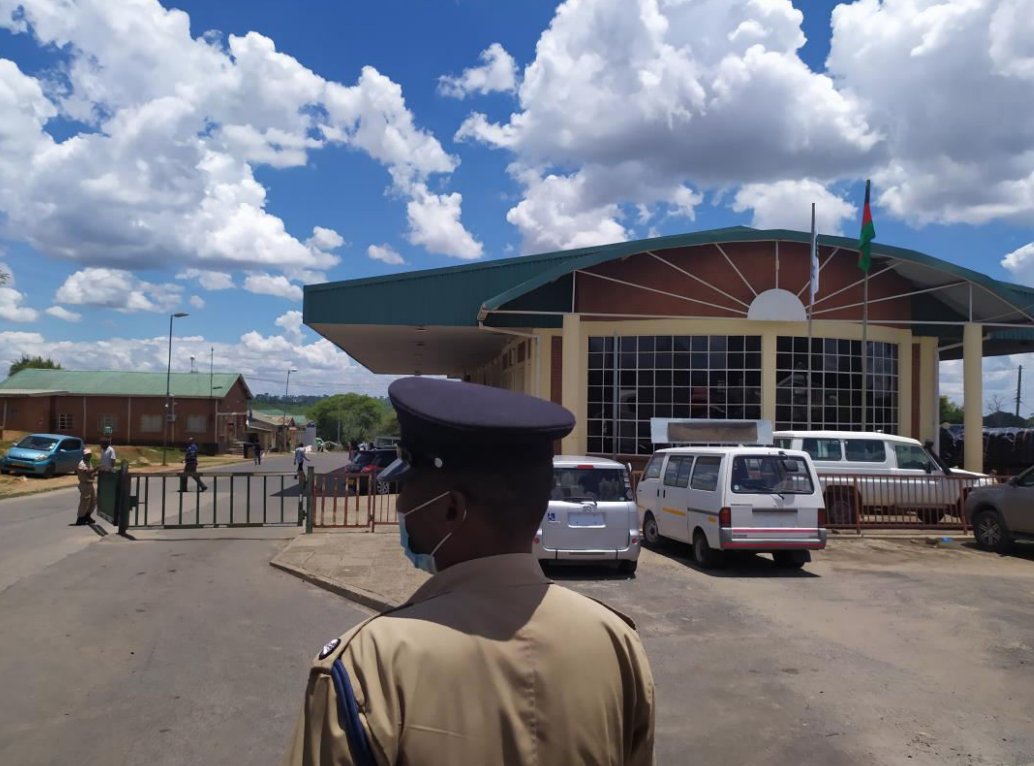


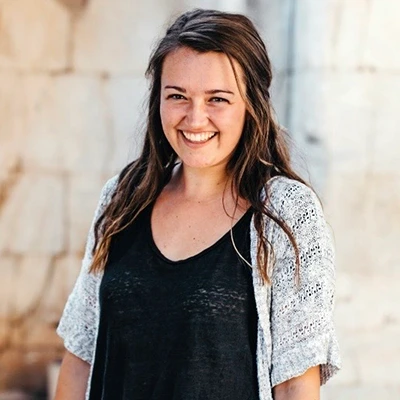
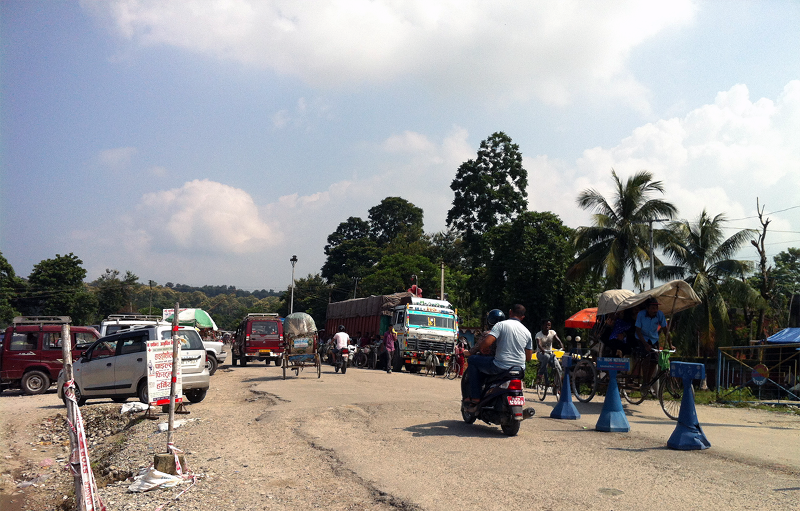
/bimala_feature_blog.webp)

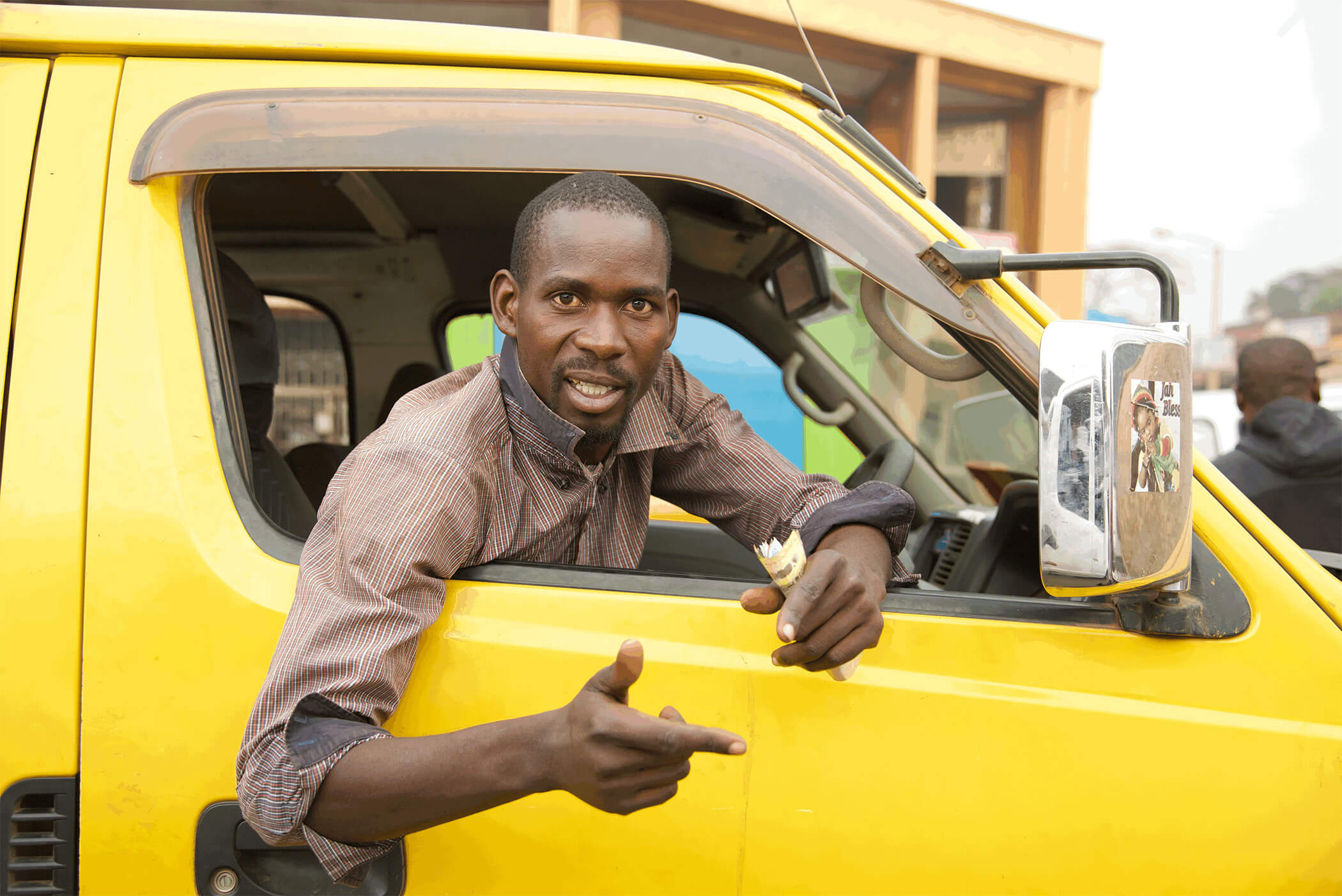
/boy_girl_asia_streets.webp)

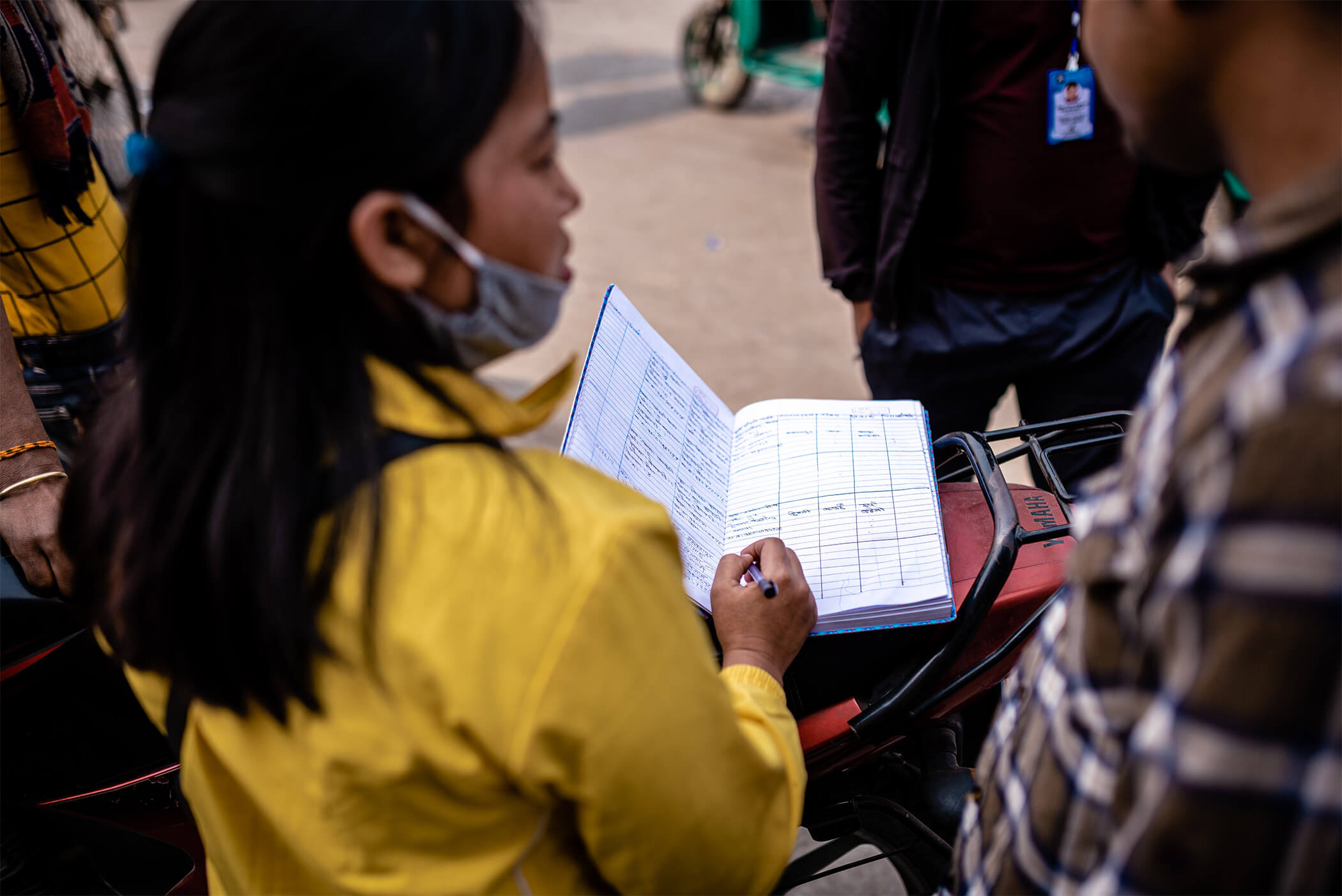
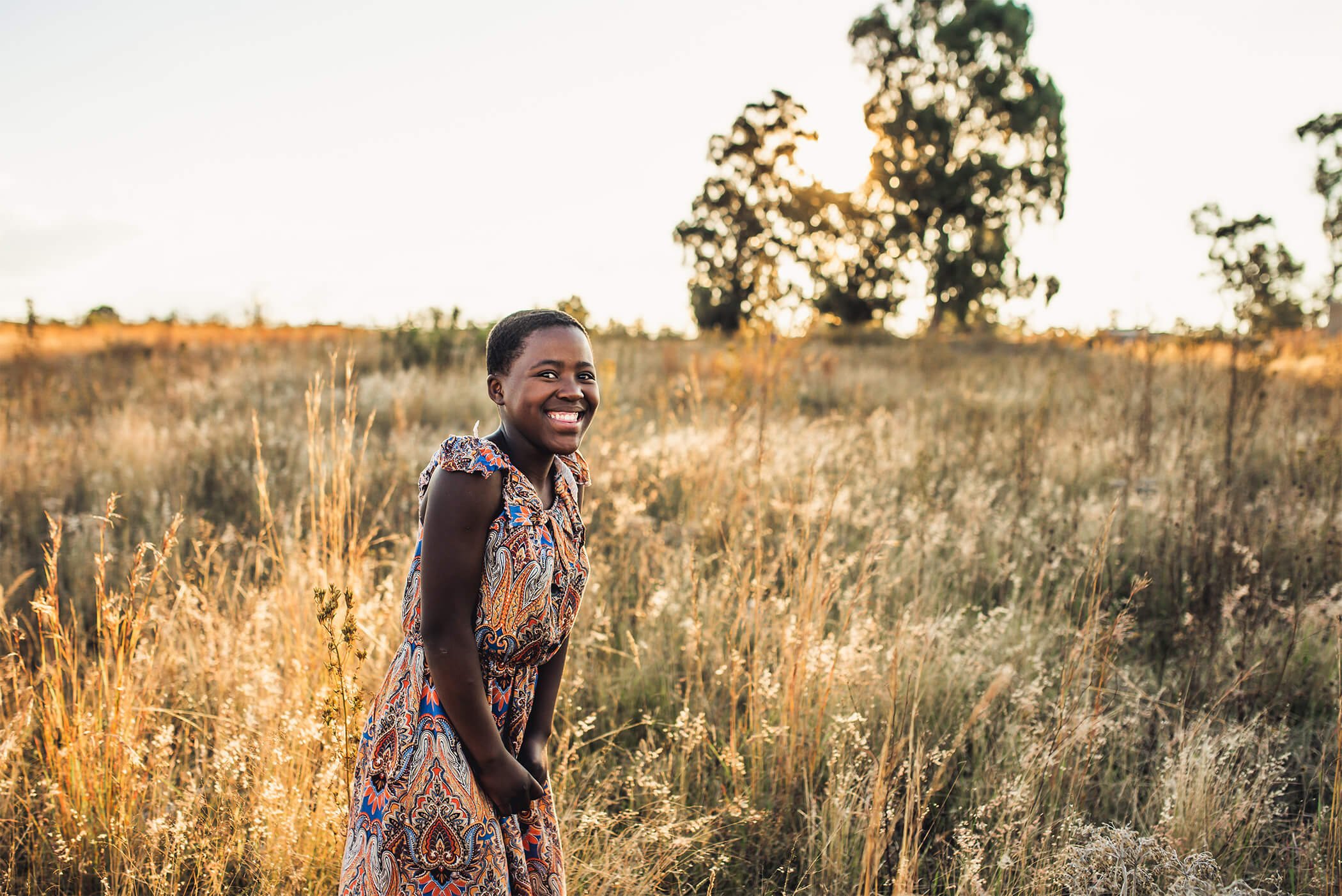

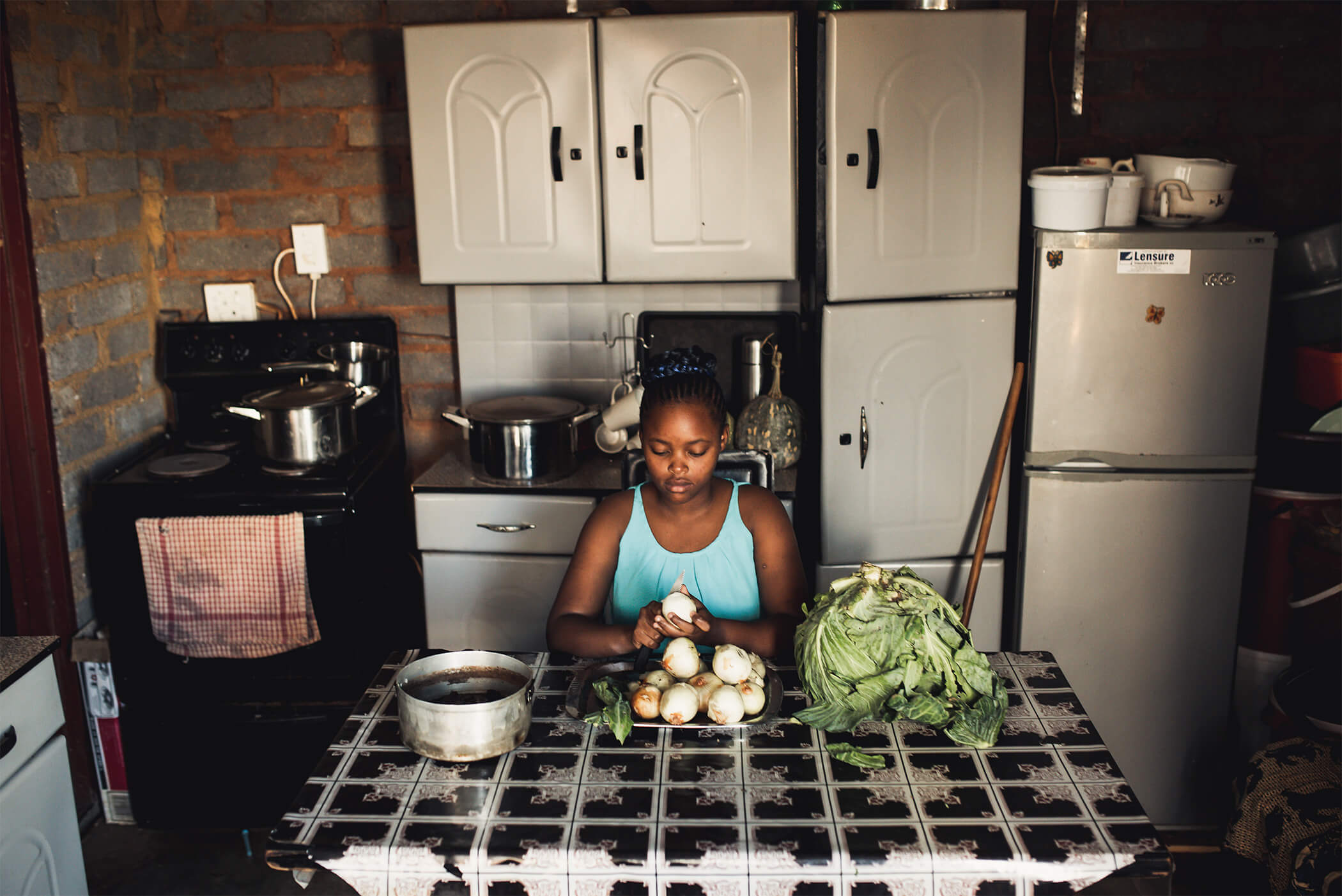

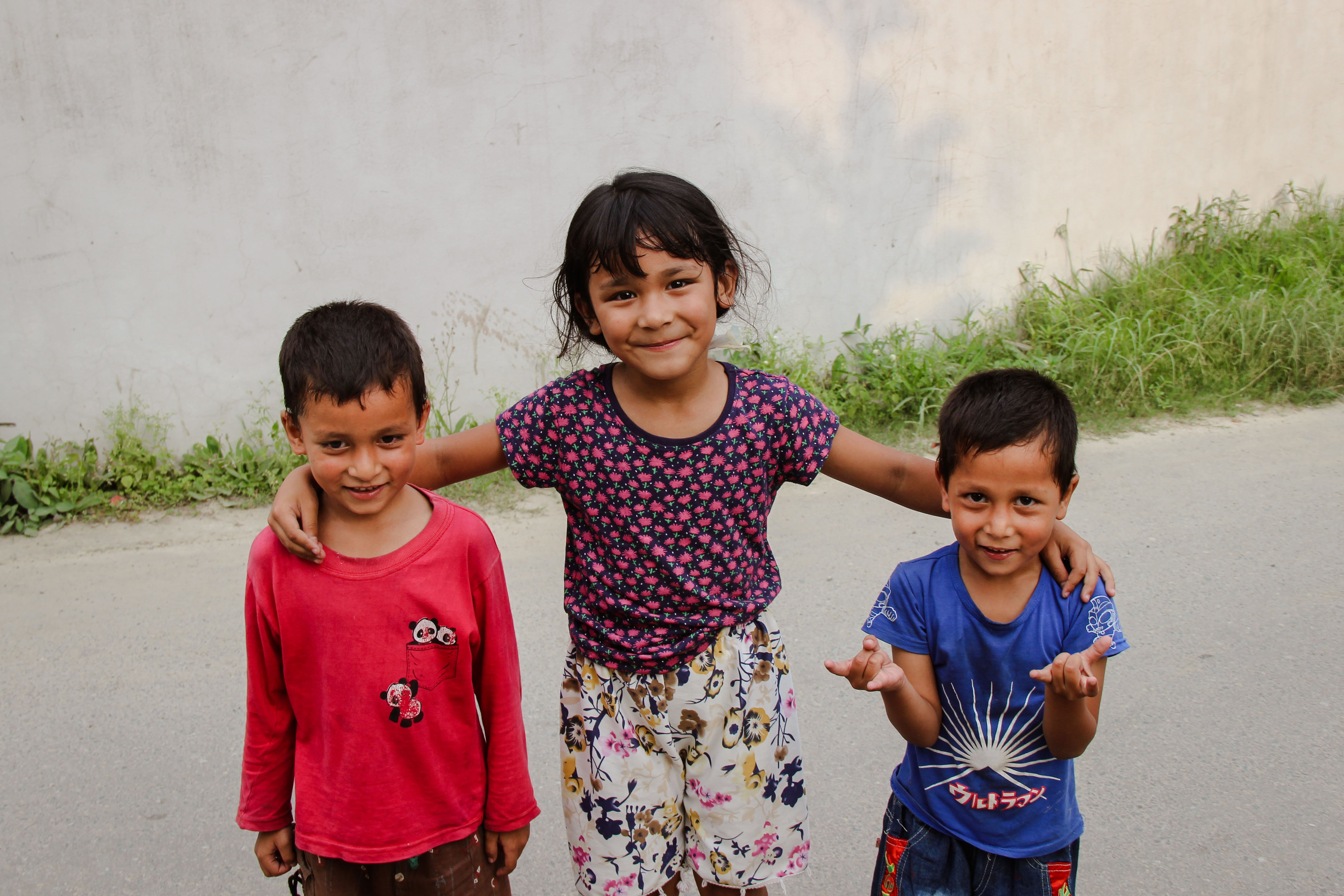
/ghana_boy_year_end_2022.webp)
/love_justice_boy-476361-edited-993417-edited.webp)

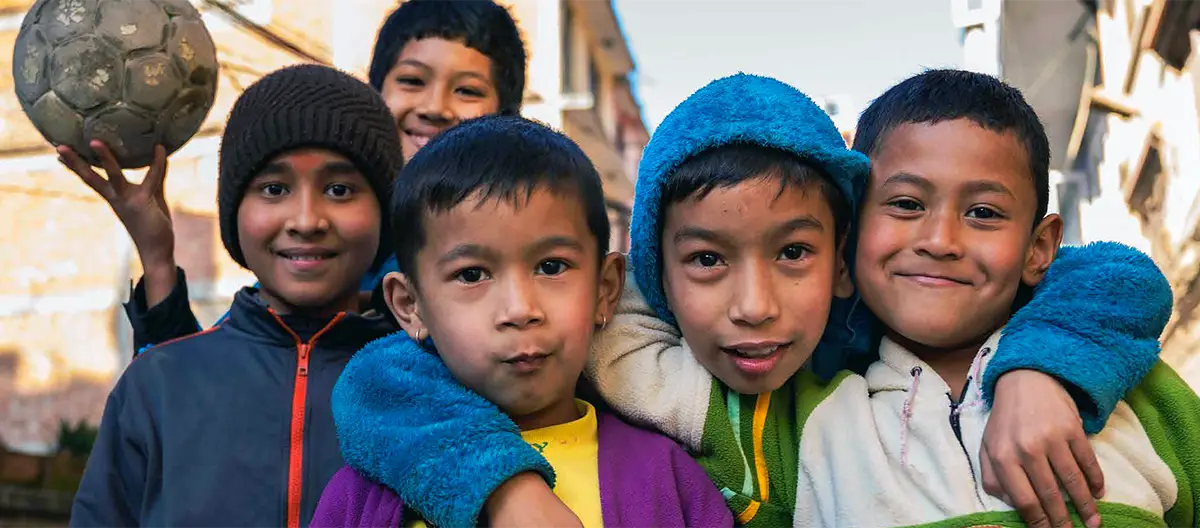
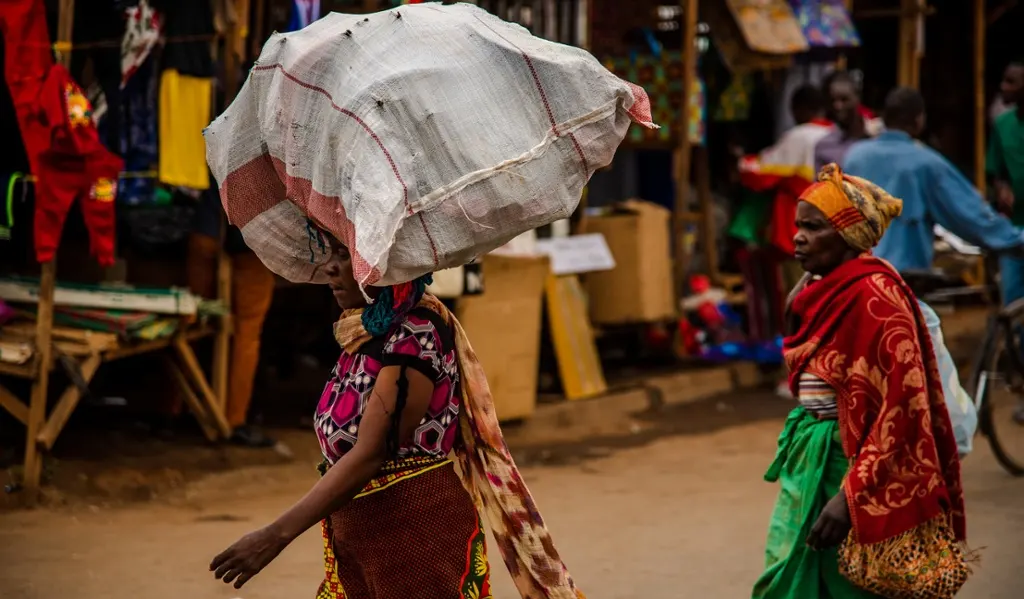
/end_human_trafficking_girl_asia_love_justice.webp)
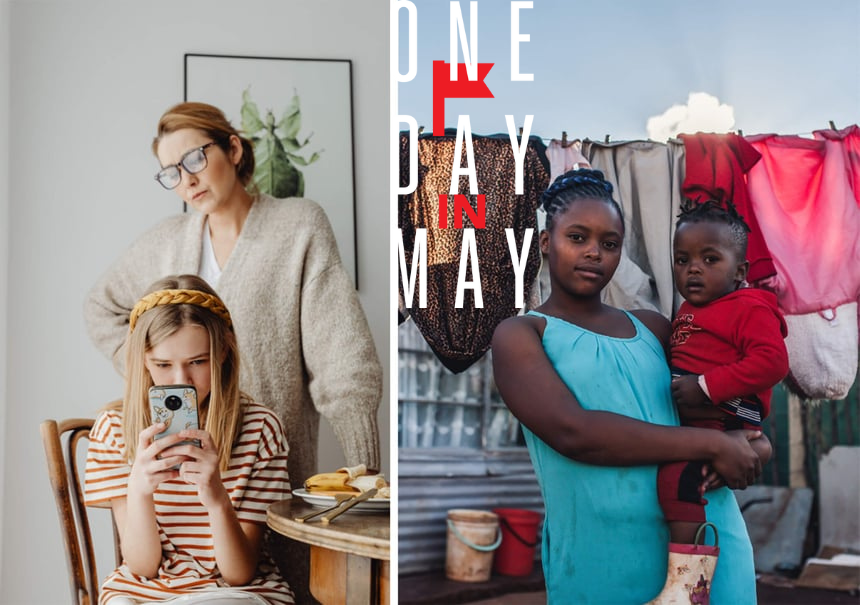
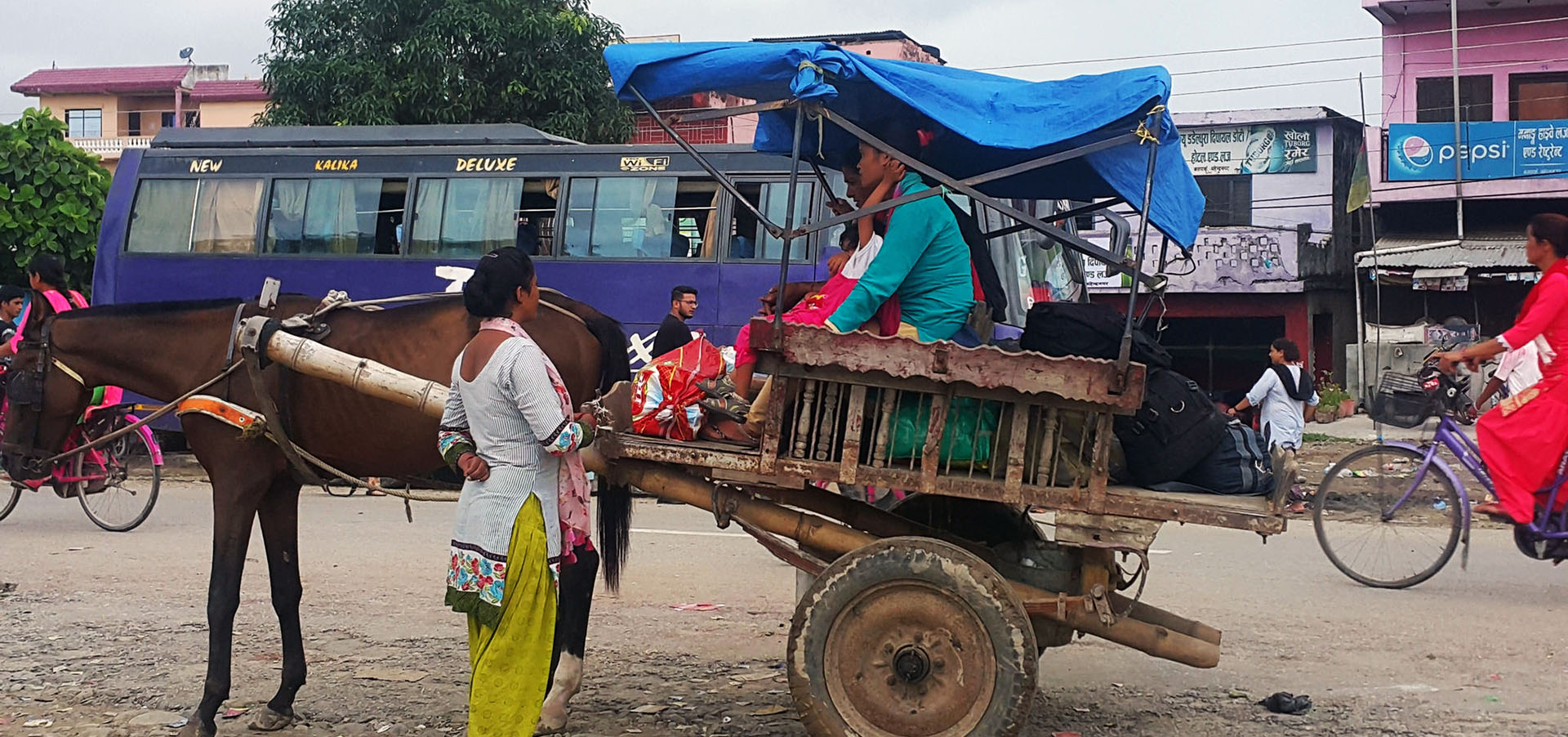
/stop_human_trafficking_asia_love_justice_scooter.webp)
/fishing_lake_man_africa.webp)




Post a comment